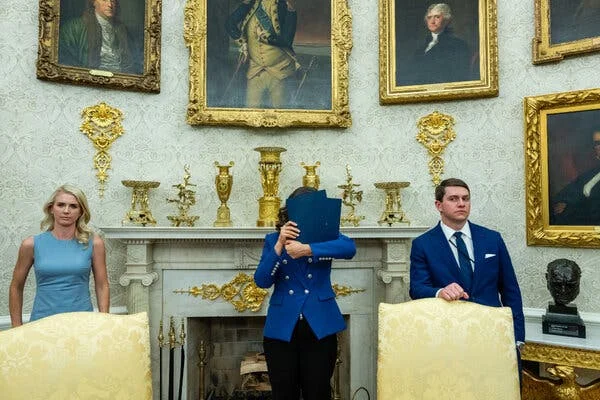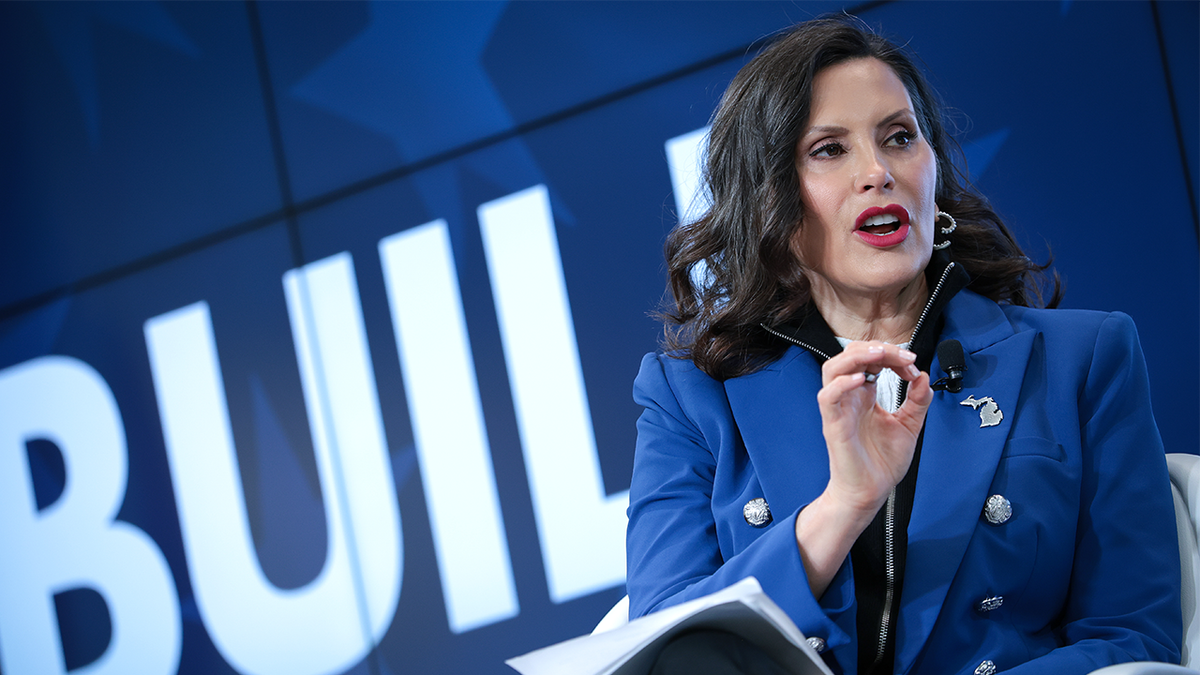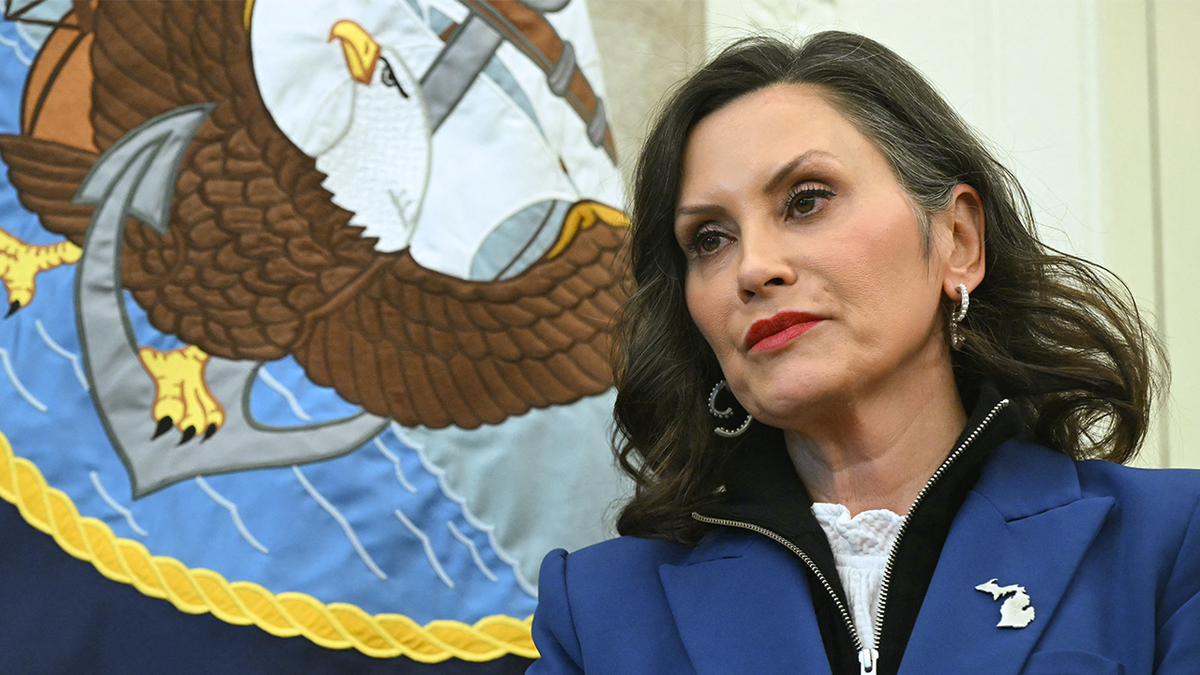
Gretchen Whitmer’s Risky Dance With Trump Puts 2028 Ambitions In The Spotlight
Michigan Governor Gretchen Whitmer, once branded by Donald Trump as "that woman from Michigan," is now at the center of an unexpected political drama—her efforts to cooperate with President Trump have exposed sharp divisions within her own party and could define her future presidential hopes.

Earlier this week, Whitmer’s trip to Washington, D.C., was supposed to be about securing federal funding for Michigan—a pressing concern after a severe ice storm hit the state and as the future of the state’s vital auto industry hangs in the balance. However, her day took a sharp turn: White House aides ushered her unexpectedly into the Oval Office for a press conference where Trump signed executive orders, including moves targeting political rivals over his unsubstantiated 2020 election claims. Photographs of an uneasy-looking Whitmer quickly circulated among Democratic strategists, offering what one operative called “just a f---ing disaster.”
For Whitmer, this awkward cameo was the price of a bipartisan strategy. Throughout a Washington speech, she staked out nuanced ground on Trump’s tariffs, drawing fire from Democrats like Colorado Gov. Jared Polis. While Whitmer criticized the economic turbulence caused by Trump’s policies, she stopped short of outright opposition to tariffs, arguing for their strategic use and echoing Trump’s view that America must manufacture more. “Let’s usher in, as President Trump says, a ‘Golden Age’ of American manufacturing,” she declared—words that set alarm bells ringing with some in her party.

Some Democrats remain alarmed at the potential fallout. “It is a massive indictment on Whitmer and her team’s judgment,” criticized a national strategist after her Oval Office appearance. Nevertheless, allies argue that Whitmer’s willingness to engage Trump is about getting results for Michigan, with her spokesperson stressing she “was surprised that she was brought into the Oval Office … and her presence is not an endorsement.”
Republicans, too, see risks in Trump’s new warmth to Whitmer. One Michigan GOP strategist complained, “Trump literally just f---ed Republicans in Michigan by saying Whitmer is doing an excellent job.” Trump’s public praise, “Very good person,” marked a dramatic shift from his past attacks—fuel for countless 2028 campaign ads should Whitmer decide to run for president.

Other prominent governors like Gavin Newsom and Josh Shapiro have staunchly opposed Trump’s tariffs, working instead with trade partners to moderate their effects—leaving Whitmer alone in her attempt at pragmatic diplomacy. Veteran Democratic strategist Brad Bannon summarized the dilemma: “This is a double-edged sword. She has to have an open dialogue … but she is going to have to be very critical of Trump” if she wants her party’s nomination.
Whitmer, for her part, remains steadfast. “If you’re not at the table, you’re on the menu,” she quipped, vowing to keep fighting for Michigan, no matter the political cost. Her decision to eschew party orthodoxy in favor of results-focused pragmatism forces Democrats to confront a difficult question: In an era of hyper-partisanship, is there room for nuance—or will Whitmer’s risky dance with Trump end her presidential ambitions before they begin?
What do you think about Gov. Whitmer’s bipartisan outreach? Can genuine collaboration survive in today’s divisive political climate? Share your views in the comments below.